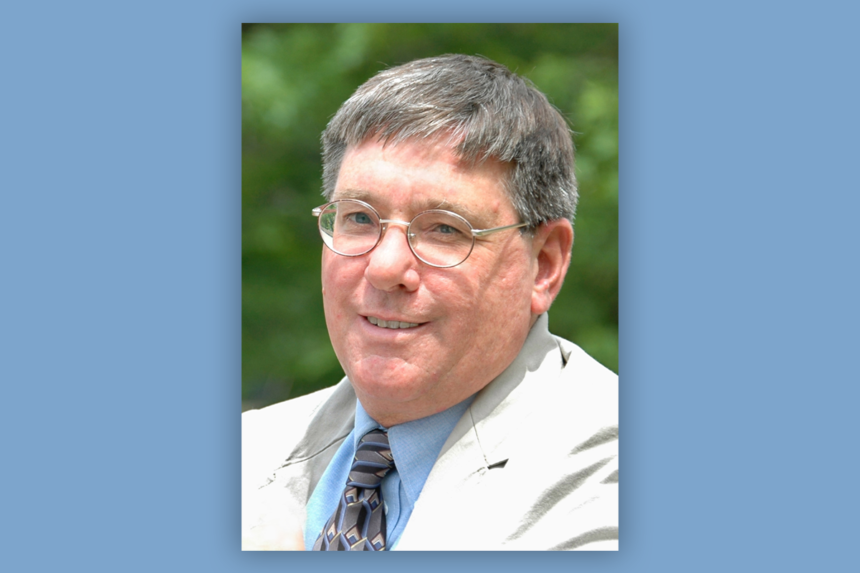Although Thomas F. Bertonneau published only once in Chronicles, on science fiction in 1997, this recently deceased professor of comparative literature was a contributor to whom we should have paid closer attention.
Tom, who died of Lou Gehrig’s Disease on Sept. 21 in Oswego, New York, at the age of 66 was a versatile polymath who read multiple languages. His essays, some of which are now being collected in a publishable anthology, reveal a depth of humanistic learning that I have found in few other friends. Not only in his published work but also in his copious letters to his multiple correspondents and in conversation, Tom poured out his staggering learning without the slightest trace of conceit.
During a visit by Tom to my home several years ago, I mentioned that I had just been remotely present at a Met performance of Wagner’s “Parsifal” and was blown away by the third act. Tom thereupon discussed all the imagery in this opera, first performed in 1882; he then discoursed on the evolution of the legend about the Holy Grail from the time Wolfram von Eschenbach first produced this medieval romance in the 13th century. He also tried to explain how Wagner’s opera was not, as is often believed, deliberately stripped of a Christian character. Wagner interwove medieval religious elements, a point that Nietzsche properly made in criticizing this artistic achievement.
All this outpouring of erudition came as I was driving Tom to a nearby summer festival resort in Mt. Gretna, Pennsylvania, and trying to make light talk. Presumably that’s what Tom understood by that ambiguous term.
This otherworldly scholar lived most of his life with his wife Susan in what by yuppie standards were modest circumstances. They both taught at the State University of New York in Oswego. His wife taught French and Tom taught English literature as well as just about all the humanities. They resided with their son Joseph on the first floor of Susan’s mother’s three-family house in a pleasant working-class neighborhood about a 10-minute drive from the university. Eating out for Tom and Susan meant going to local restaurants run by family friends, in a town that may have reached its peak of affluence as an industrial center and offshoot of the Erie Canal sometime in the 19th century.
I got to know Oswego from visiting Tom and Susan, while my wife spent time with her sister in Syracuse, about 50 miles to the south. During these visits Tom would introduce me to townsfolk but rarely to his fellow academics, whom he considered to be mostly bizarre types. Despite his immense learning, appropriate professional credentials, and good relations with students, who cheerfully greeted him during my short tour of the campus, Tom was never given a full-time appointment. He remained until his retirement last year a heavily overworked “Visiting Professor.”
Tom was an unapologetic conservative who would have placed himself unhesitatingly in the paleoconservative camp. He was also a self-avowed Neoplatonist, who attended Catholic services with his wife since there were no Neoplatonic ones to attend (at least not in Oswego). He was the most unpretentious man of learning I have known and someone who seemed happy with his lot. Although I had not seen Tom for several years before his passing (given his condition, the fault was mine), I shall miss his unseasonably rich conversation and gentle demeanor.
Image Credit:
above: Dr. Thomas F. Bertonneau in 2006 (image courtesy of SUNY Oswego, Penfield Library Special Collections)

Leave a Reply